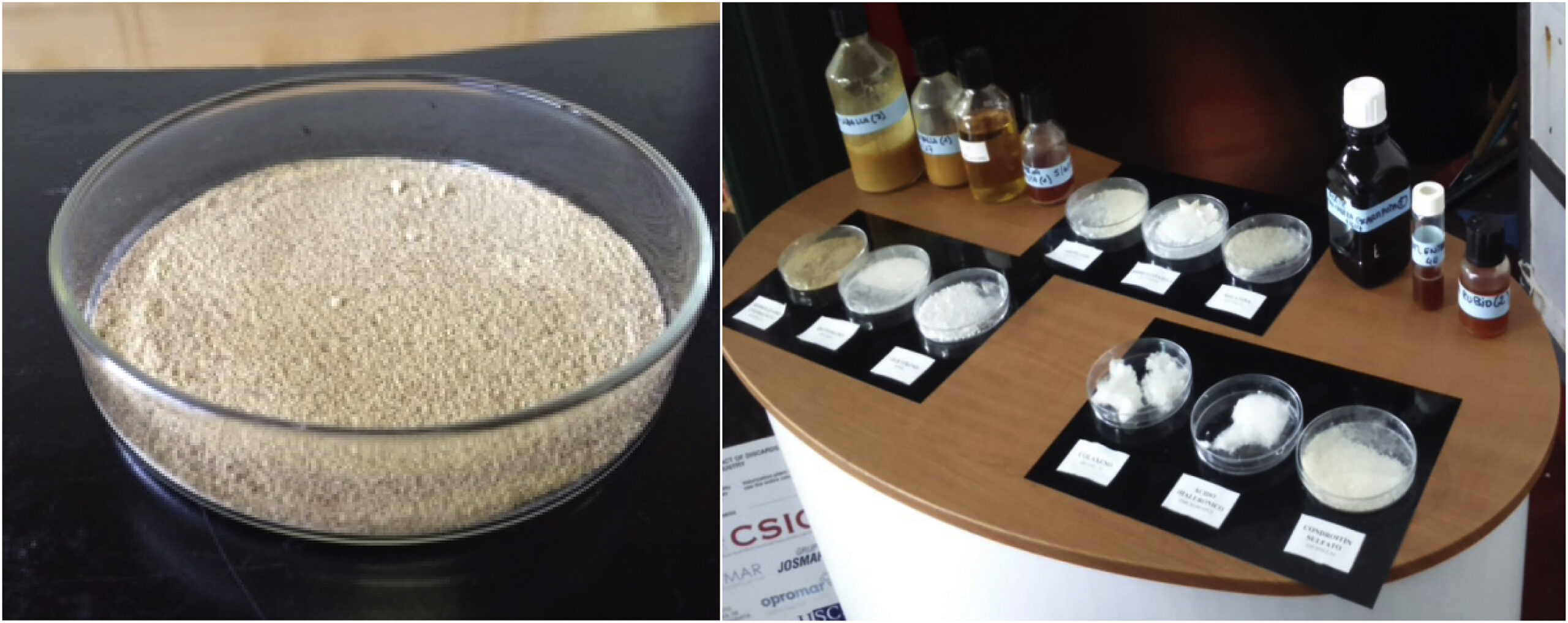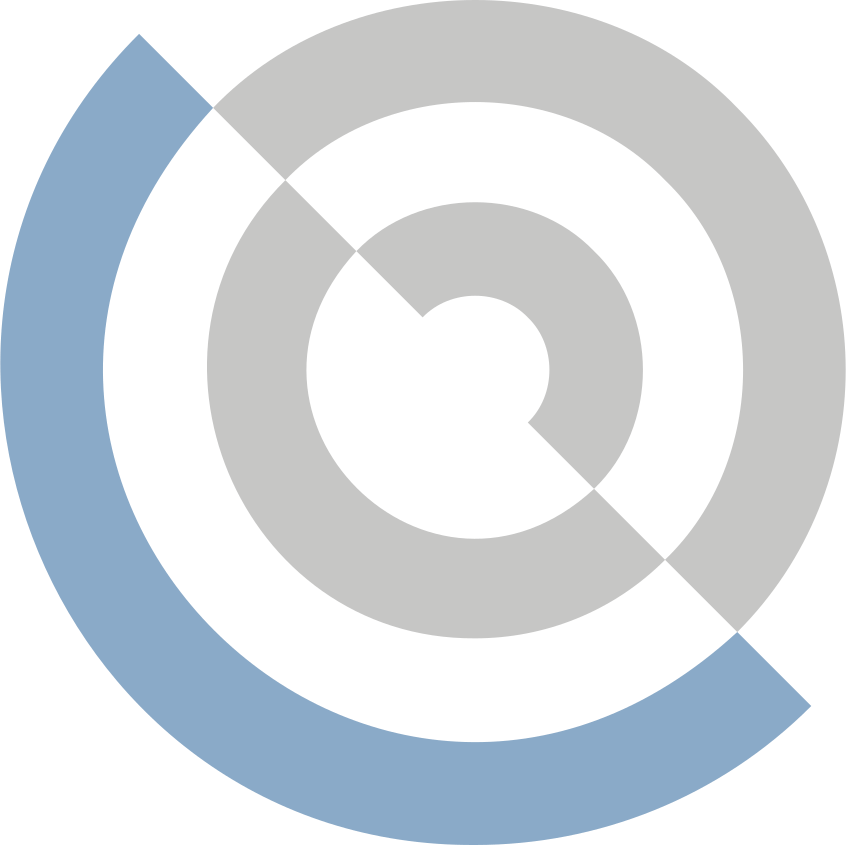
Fishing is a substantial contributor to many coastal economies, and plays a fundamental role in food security as a source of proteins and nutrients, as well as a provider of employment to many people world-wide. Because of these reasons, it is essential to guarantee their long term viability through the sustainable management of fishery resources. This also implies to maintain the ecosystem in a healthy and productive condition compatible with a sustainable fishing yield. However, the current trend is the opposite. The percentage of global stocks fished within biologically sustainable levels is declining, being 33.1% of them overfished.
Nowadays discards (the portion of a catch of fish which is not retained on board during commercial fishing operations and is returned, often dead or dying, to the sea) are one of the most important issues in fisheries, jeopardizing the future sustainability of marine resources, and as a consequence putting the whole fishing activity at risk. This undesirable activity is a waste of valuable marine living resources, and plays an important role in the depletion of marine populations, affecting the balance, diversity, and functioning of the ecosystem.

DISRUPTIVE TOOLS FOR EFFICIENT TOTAL CATCH MONITORING AND FISHING ACTIVITY MANAGEMENT
The development and effective compliance of efficient fishing policies that guarantee both the sustainability of marine resources and fishing activity is one of the main challenges that policymakers nowadays face. At EU level, successful implementation of the Common Fisheries Policy (CFP) depends, at a large extent, on the capacity to quantify catches on board commercial vessels.
The digital revolution has to contribute to ensure accurate catch registration data not only for control purposes by European or national administrations but for scientific evaluation of stocks/populations and self-monitoring of fleets and fishermen associations. In addition, digitalization will improve the verification of measures on fishing capacity applicable to vessels engine power, better traceability of fisheries products and improved catch certification schemes. So, digitalization and advanced tools applied to fisheries, (such as Remote Electronic Monitoring, REM or EMSystems, artificial intelligence (AI), machine learning tools and sensor data) have an enormous potential to enhance our ability to collect and analyze data towards the optimization of sustainable and efficient fishing operations and the improvement of the monitoring and control capabilities of policymakers and regulatory administrations. To develop and provide the fishing sector actors new, disruptive monitoring tools towards fully-documented fisheries is the other main objective of Marine Process Engineering research in the Bio2Eng Group. Nowadays, we are focused on the application of Artificial Intelligence (AI) innovations to marine resources management, mainly on the use of deep learning and convolutional neural networks for the automatic, real-time quantification and identification of the total catch on-board fishing vessels through our EM system iObserver.







MARINE BIOMASS VALORIZATION
To minimize/eliminate discarding practices, the European Common Fisheries Policy (CFP) has established a landing obligation (LO) and the need for proper management of previously discarded biomass without incentivising their capture following the ethical rule to avoid its waste, making the best possible use by designing value chains to valorise it. Food use is the priority option but only unwanted catches (UWC) above minimum conservation reference size (MCRS) can be used for direct human consumption. As a result, other options, such as animal feeds, industrial uses or energy, should be considered to valorise landed < MCRS individuals.
Therefore, to select the best valorisation alternative in each case by applying the bio-refinery concept to manage and upgrade this new marine biomass (together with fishing processing by-products and wastes) is one of the main objectives of our Marine Process Engineering research in the Bio2Eng Group. We assist to the fishing sector stakeholders and related fish processing industry in the design of both optimal control policies to face new challenging scenarios/cases in different valorization and transforming processes as well as in the optimal selection and integration of existing processing routes based on economic and environmental criterion towards an efficient and sustainable management of fish resources and side-streams while improving the final quality of the desired, high-added value obtained bio-compounds of interest to the food, pharmaceutical or nutraceutical industries.



